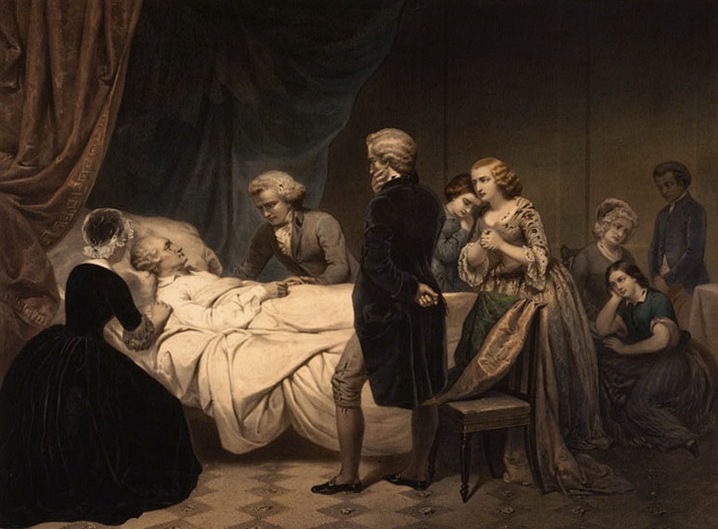Ellis told Newsweek that after DNA testing in the late 1990s confirmed that Hemings' children had been fathered by Jefferson, there had been calls for the Jefferson Memorial to be torn down. "Nothing ever came of it," he said.
埃利斯告訴《新聞周刊》,在上世紀90年代末進行的DNA檢測證實了杰斐遜是海明斯的孩子的父親后,就有人呼吁拆除杰斐遜紀念館。他表示,“對此什么也沒發生”。
He believes a compromise could be to change plaques at monuments like the Jefferson Memorial to better reflect the truth of the Founding Father's life— but notes that it may not be enough when it comes to Confederate monuments.
他認為一個折衷的辦法是更改像杰斐遜紀念館這樣的紀念碑上的牌匾,以更好地反映這位開國元勛生平的真相,但他指出,在邦聯紀念碑方面,這可能還不夠。
"There are some Southern states that are trying to retain the monuments, but with new signage and descriptive language about them that allows them to remain as monuments to a misguided policy like the Civil War. I sort of support that. We're remembering but we're not memorializing it," he said.
“一些南部的州試圖保留這些紀念碑,但新的標牌和描述性語言使它們得以保留,成為內戰等錯誤政策的紀念碑。我支持這一點。我們在記住這段歷史,但不是紀念。”他說

"But in a moment like now, that argument won't seem credible. People are angry and understandably so."
“但針對現在,這種說法似乎不可接受。人們很生氣,這是可以理解的。”
"If you do that, there won't be anybody left."
“如果你那樣做,就不會有人留下來了。”
In Ron Chernow's definitive biography Washington: A Life, the author outlines Washington's growing unease with slavery while still profiting from it. Washington seldom uttered the word slavery "as if it grated on his conscience," Chernow writes, preferring instead to use euphemisms for the men, women and children he owned such as "servants," "my people" and "my family."
在羅恩·切爾諾的權威傳記《Washington: A Life》中,作者概述了華盛頓對奴隸制日益感到不安,同時仍在從中獲利。切諾寫道,華盛頓很少用奴隸制這個詞來形容,“好像這觸怒了他的良心”,相反,他更喜歡用委婉語來形容他擁有的男人、女人和孩子,比如“仆人”、“我的人民”和“我的家人”
Like Jefferson, Washington owned hundreds of slaves, but he was the only slave-owning Founding Father to liberate his slaves when he died. His opposition to slavery, however, "took the form of a gradual awakening over many decades," Chernow wrote. Washington spoke about slaves just as he would any other property, Chernow wrote, and frequently wrote in his diary of being "at home all day alone" despite being surrounded by slaves.
和杰斐遜一樣,華盛頓擁有數百名奴隸,但他是唯一一位擁有奴隸并在去世時解放奴隸的開國元勛。然而,切爾諾寫道,他對奴隸制的反對“采取了在幾十年中,逐漸覺醒的形式”。切諾寫道,華盛頓談論奴隸就像對待其他任何財產一樣,經常在日記中寫道,“整天獨自呆在家里”,盡管身邊都是奴隸。
譯文由可可原創,僅供學習交流使用,未經許可請勿轉載。












